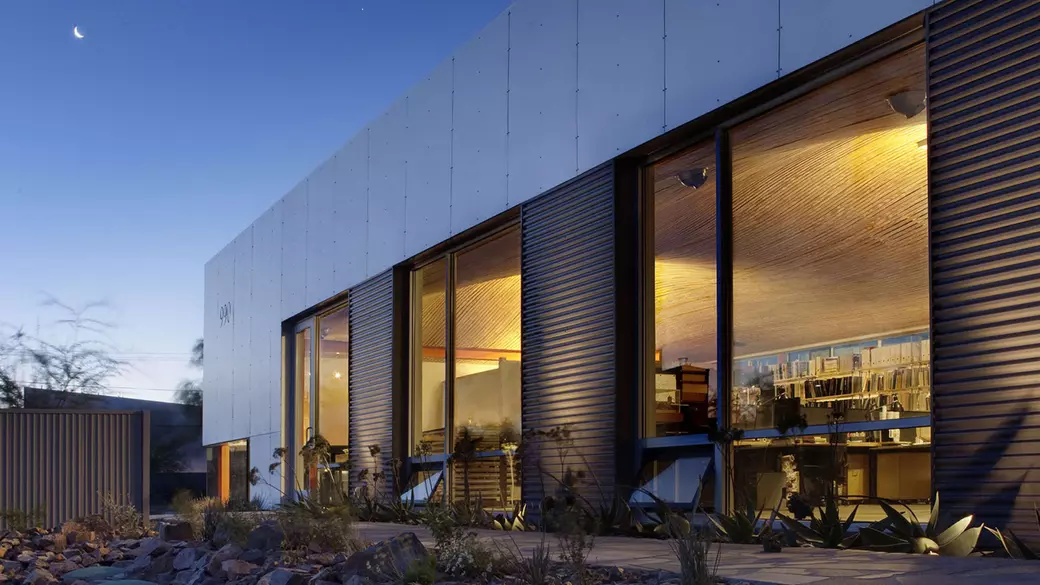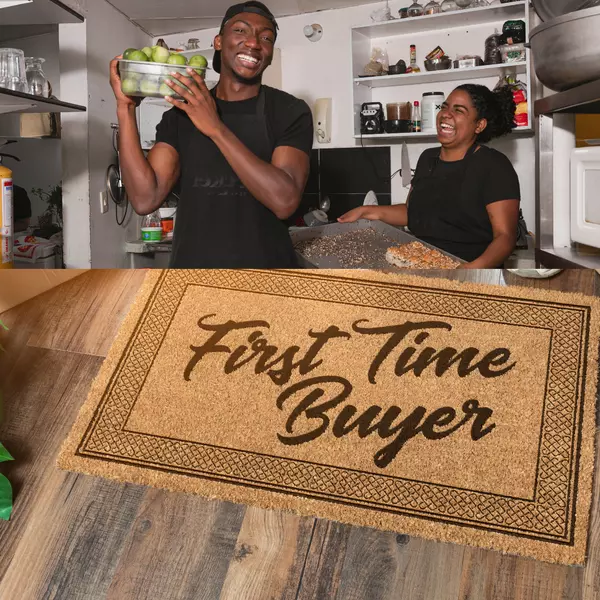Renting vs. Buying: Which is Right for You? 🤔

Introduction
The decision between renting and buying a home is one of the most significant financial choices many individuals face. Both options come with their own set of advantages and drawbacks, making it crucial to evaluate which aligns best with your personal and financial goals. This guide will help you weigh the pros and cons of each to make an informed decision.
Pros and Cons of Renting
- Flexibility and Mobility: Renting offers the freedom to move without the long-term commitment of owning a home. This is ideal for those who may need to relocate for work or personal reasons.
- Lower Upfront Costs: Renters typically avoid the hefty down payments and closing costs associated with buying a home. This can make it easier to manage finances in the short term.
- Limited Control Over Property Changes: Renters often face restrictions on making changes to their living space, which can be a downside for those who wish to personalize their home.
- Potential for Rent Increases: Rent prices can increase, sometimes unexpectedly, impacting your budget over time.
Pros and Cons of Buying
- Building Equity Over Time: Homeownership allows you to build equity, which can be a valuable financial asset in the long run.
- Stability and Control: Owning a home provides stability and the freedom to modify your living space to suit your needs and preferences.
- Higher Upfront Costs and Responsibilities: Buying a home requires a significant financial investment upfront, including a down payment, closing costs, and ongoing maintenance responsibilities.
- Market Fluctuations Affecting Property Value: The real estate market can be unpredictable, and changes in property value can impact your investment.
Financial Considerations
When deciding between renting and buying, it’s essential to compare the costs associated with each. While renting may seem cheaper initially, a mortgage can be more affordable over time, especially with fixed rates. Consider additional expenses such as maintenance, property taxes, and insurance when buying. Long-term financial planning and investment potential should also be part of your decision-making process.
Lifestyle and Personal Preferences
Your lifestyle and future plans play a significant role in this decision. Consider factors such as job stability, family plans, and your desire for stability versus flexibility. Personal preferences, such as the need for a garden or specific neighborhood, can also influence your choice.
Conclusion
Both renting and buying have their unique benefits and challenges. Carefully consider your financial situation, lifestyle needs, and long-term goals before making a decision. Whether you choose to rent or buy, the key is to ensure it aligns with your personal circumstances and future aspirations.

"My job is to find and attract mastery-based agents to the office, protect the culture, and make sure everyone is happy! "




